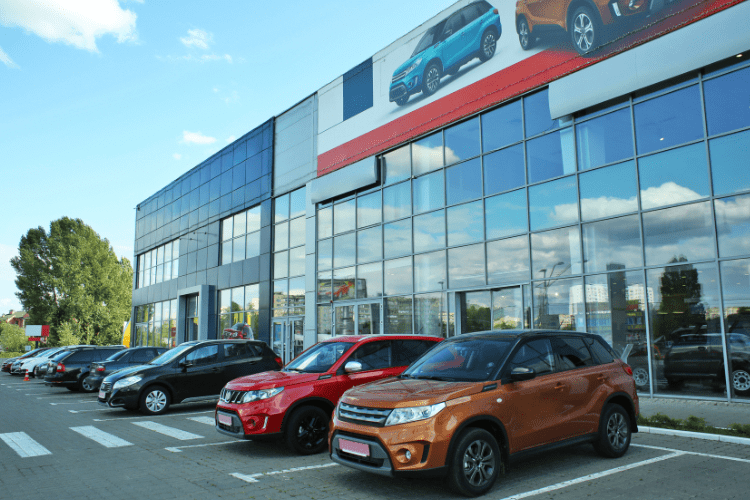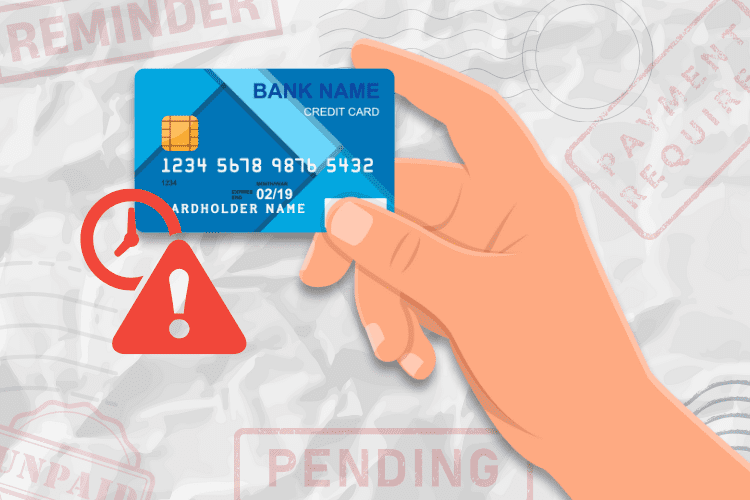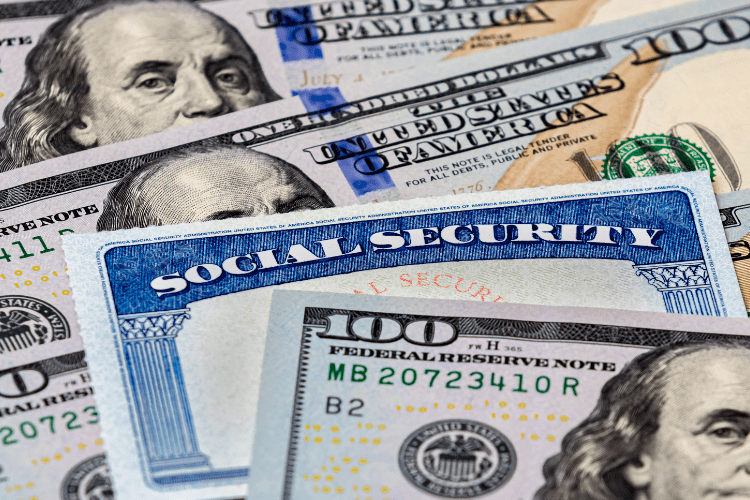Should You Lease or Buy a Car?

Are you in the market for a new car? It’s not just the color, size, and style you need to consider – but whether to lease or buy a car. Both options offer their own benefits and drawbacks when it comes to costs – both monthly and overall – flexibility and ownership. Whether you choose to lease or buy a car, here’s what you should know.
Pros of Leasing
Leasing also offers the chance to enjoy a new car every few years without any stress of trading or selling. You could indulge in a higher-end or more luxury model. Since you’re always covered by a warranty when leasing a car, you never have to worry about the expenses of major mechanical issues either. Whatever happens, you’re covered.
Cons of Leasing
While leasing is a more affordable and convenient way to cruise around, it isn’t a perfect system. Despite the cheaper monthly payments, you’ll likely pay more over time because you never reach a point where your vehicle is paid off. Even though loan payments are higher, they eventually end, and you own your vehicle outright. Leasing doesn’t provide that perk; you simply pay month after month after month for the life of every lease you sign. It’s like renting an apartment.
A lease also places limitations on the number of miles you can drive while requiring strict and consistent vehicle maintenance. If you’re not diligent about oil changes and tire rotations, you could endure hefty fines.
Pros of Buying
Buying your own vehicle offers two core benefits that leasing simply can’t: freedom and flexibility. Aside from paying any car loan payments on time each month, you can drive as many miles as you’d like and customize your ride in any way.
Of course, buying your car also gives you a resale or trade-in value toward your next vehicle. Even if you’re still paying off the auto loan, you can trade or sell your car whenever you want, whether that’s after two years or 12 years of ownership.
Cons of Buying
The primary problem is money. Assuming you can’t buy the car outright, you’ll have to finance it, and the monthly installments on auto loans tend to be much higher than those on car leases. Of course, the payments have a purpose: They go toward your car ownership.
Buying a car also places all of the responsibility on you to handle post-warranty repair costs, keep it in working condition, and sell or trade it in the future. And don’t forget auto insurance.
The Bottom Line
Overall, make sure you do plenty of research before signing on the dotted line. Leasing and buying are both great options, but one will fit best with your financial needs and personal preferences.
Consider each of these factors before you make your final decision:
- Monthly payment amount
- Insurance cost
- Down payment cost
- Annual mileage needs and restrictions
- Possible repairs and associated costs
- Depreciation and its consequences
The best choice, whether leasing or buying, will sync with your budget and help you feel proud of your new wheels.
Don’t wait to get out of debt! Read this: A Complete, Step-By-Step Guide to Get Out of Debt.










